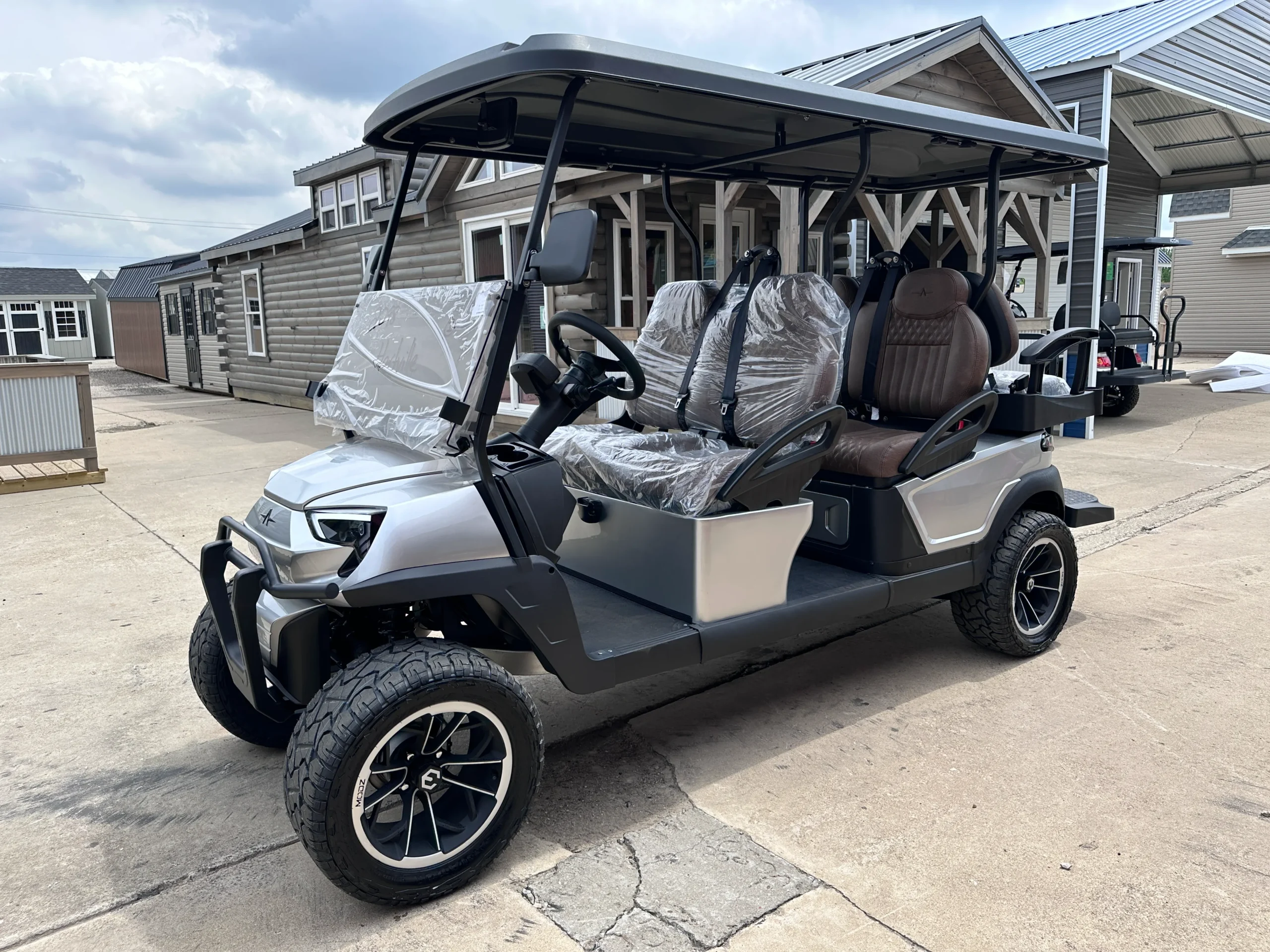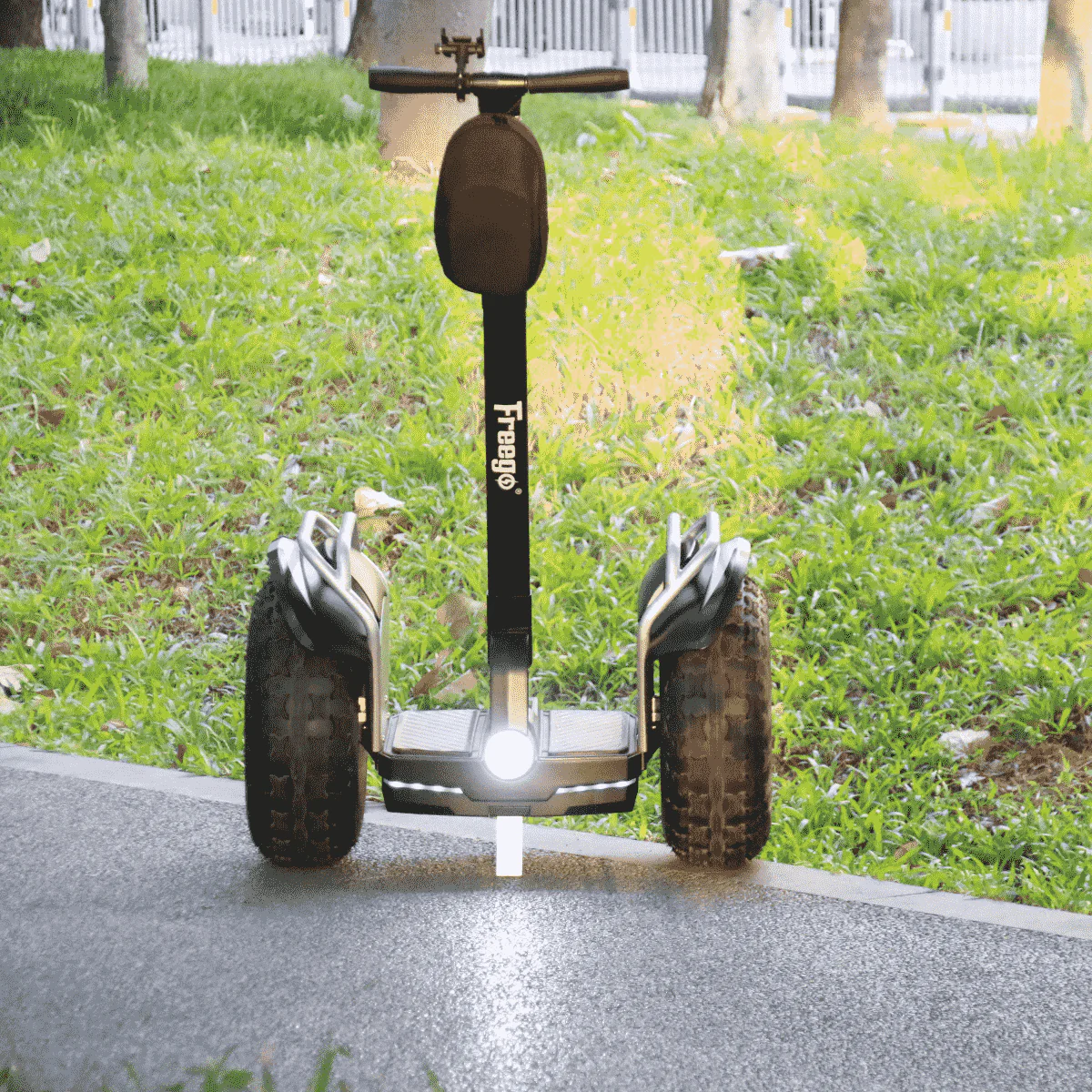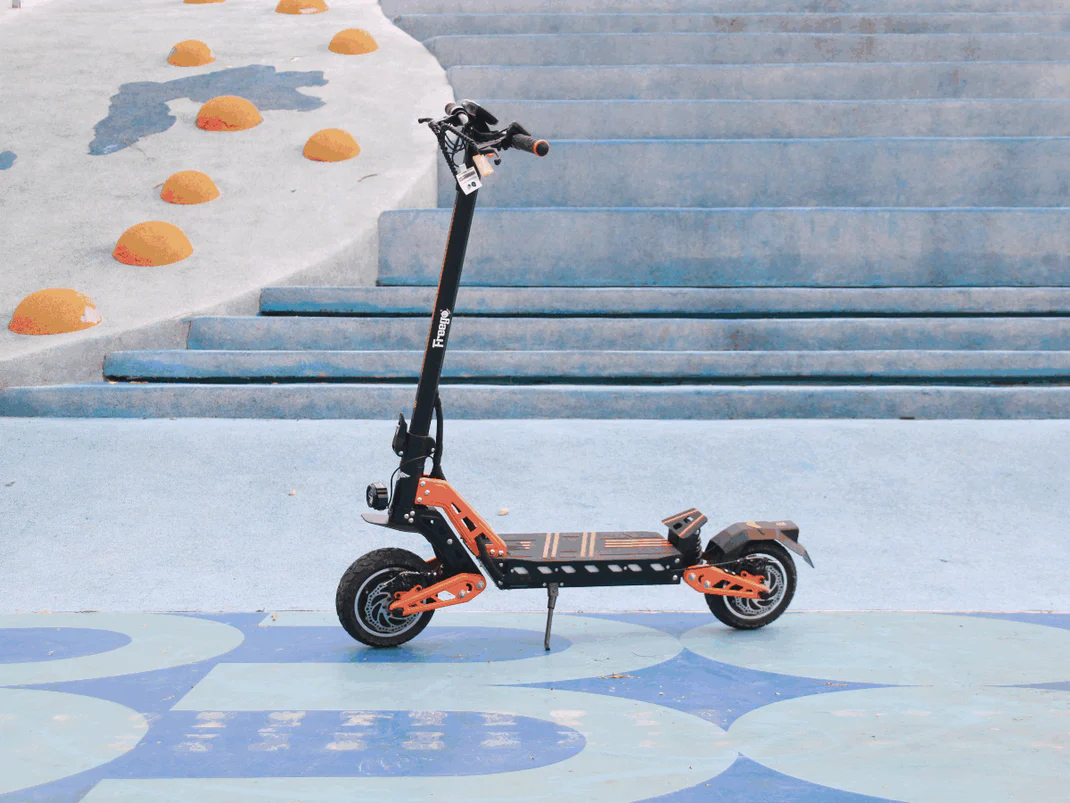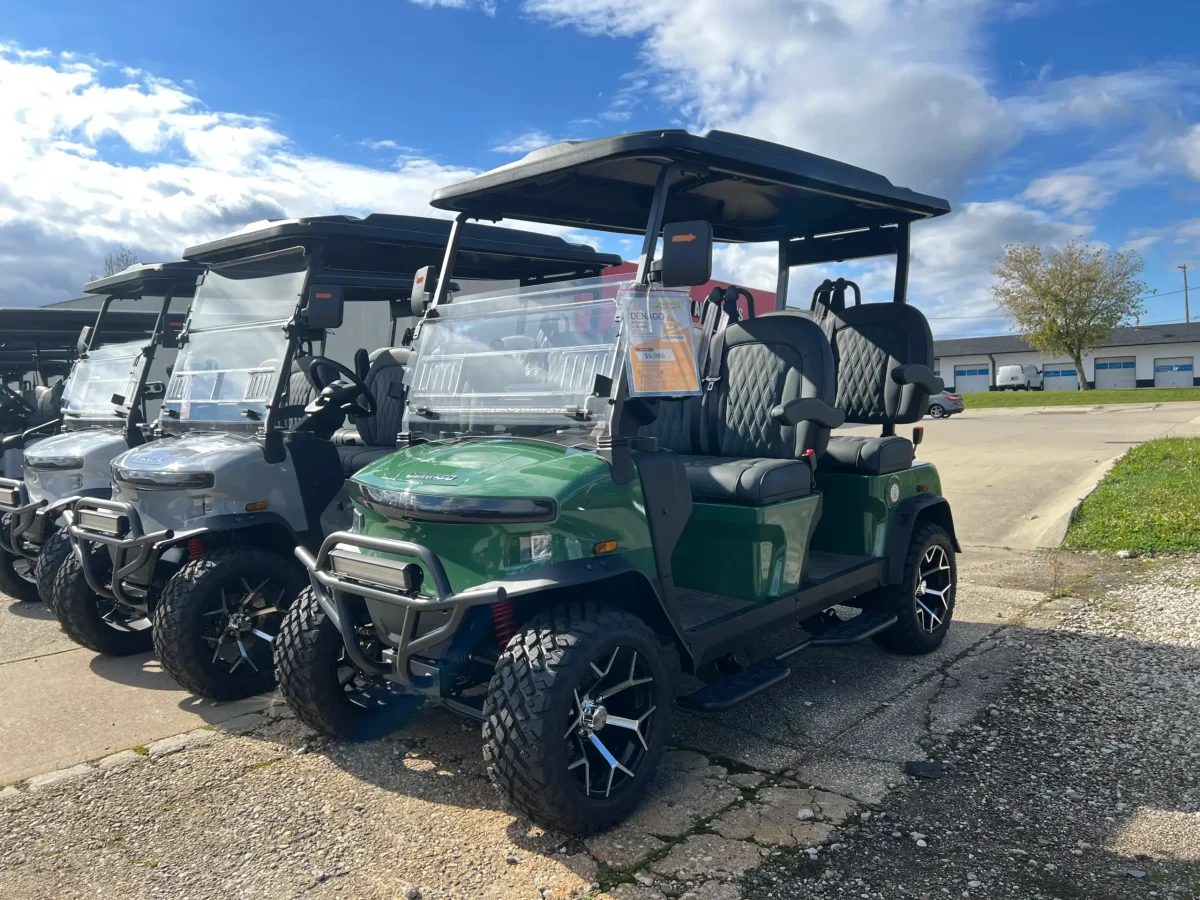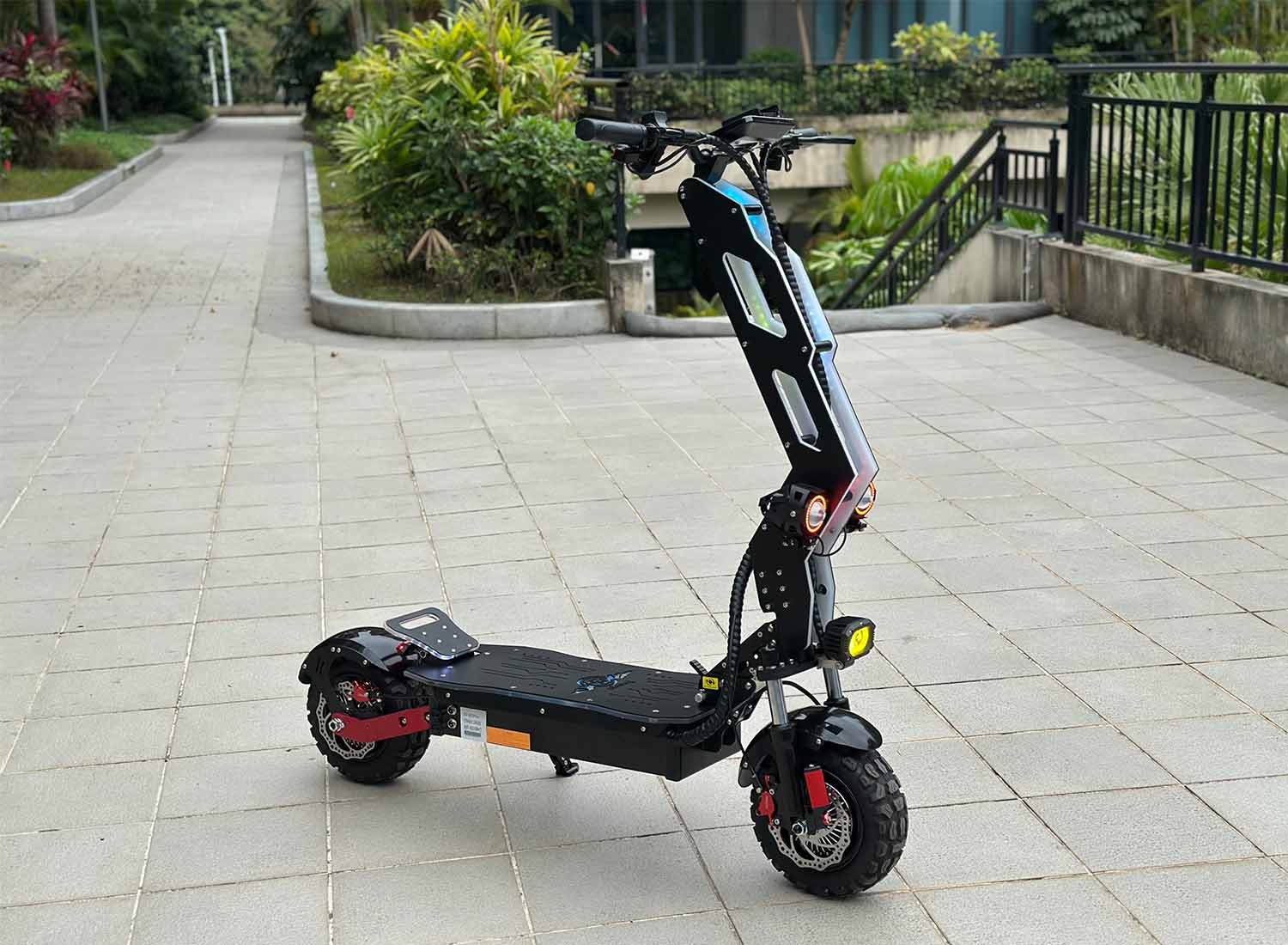Golf cart owners often wonder how well their batteries hold up when the weather turns cold. Batteries are the lifeblood of any electric golf cart, and without proper care, extreme temperatures can reduce performance or even cause damage. One of the most common questions is: can golf cart batteries freeze? The short answer is yes, but the details depend on the type of battery, its charge level, and the conditions it’s exposed to. Understanding why freezing occurs and how to prevent it can save you costly repairs and extend the life of your batteries.
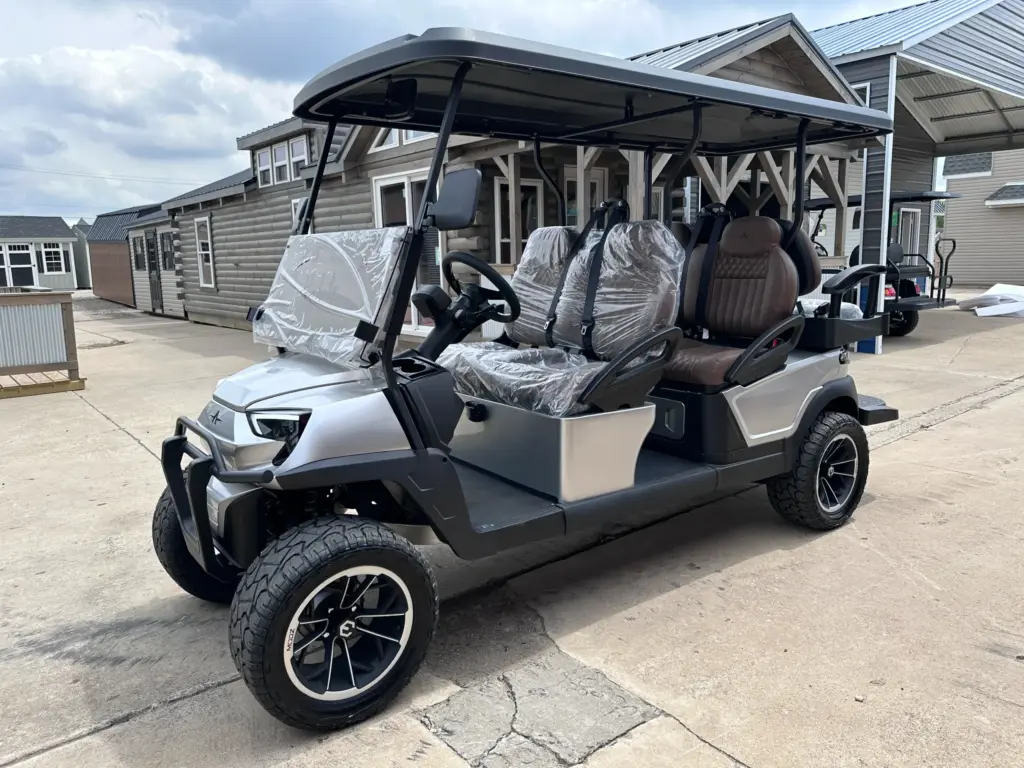
Why Golf Cart Batteries Are Susceptible to Freezing
Batteries operate through chemical reactions, and temperature plays a major role in how effective those reactions are. Lead-acid golf cart batteries, the most common type, contain a mixture of sulfuric acid and water. When the battery is fully charged, the electrolyte solution has a high concentration of acid, which lowers its freezing point significantly. However, when a battery is discharged, the solution becomes more diluted with water, and water freezes at a much higher temperature. This means that a weak or drained battery is far more likely to freeze than one that has been kept fully charged.
This chemical principle explains why cars, boats, and even backup generators face similar risks in harsh winters. The science is the same: the more water present in the electrolyte, the higher the freezing point. While batteries appear simple from the outside, they are delicate systems internally, and exposure to extreme cold magnifies weaknesses already present in older or poorly maintained units.
The Role of Charge Level in Freezing
The state of charge directly influences a battery’s resistance to freezing. A fully charged lead-acid battery may withstand temperatures as low as -70°F (-56°C) before freezing occurs. In contrast, a battery at 50% charge may freeze around -20°F (-29°C), and a fully discharged battery could freeze at only 20°F (-6°C). This shows how critical it is to maintain a strong charge, especially when storing golf carts during the winter months.
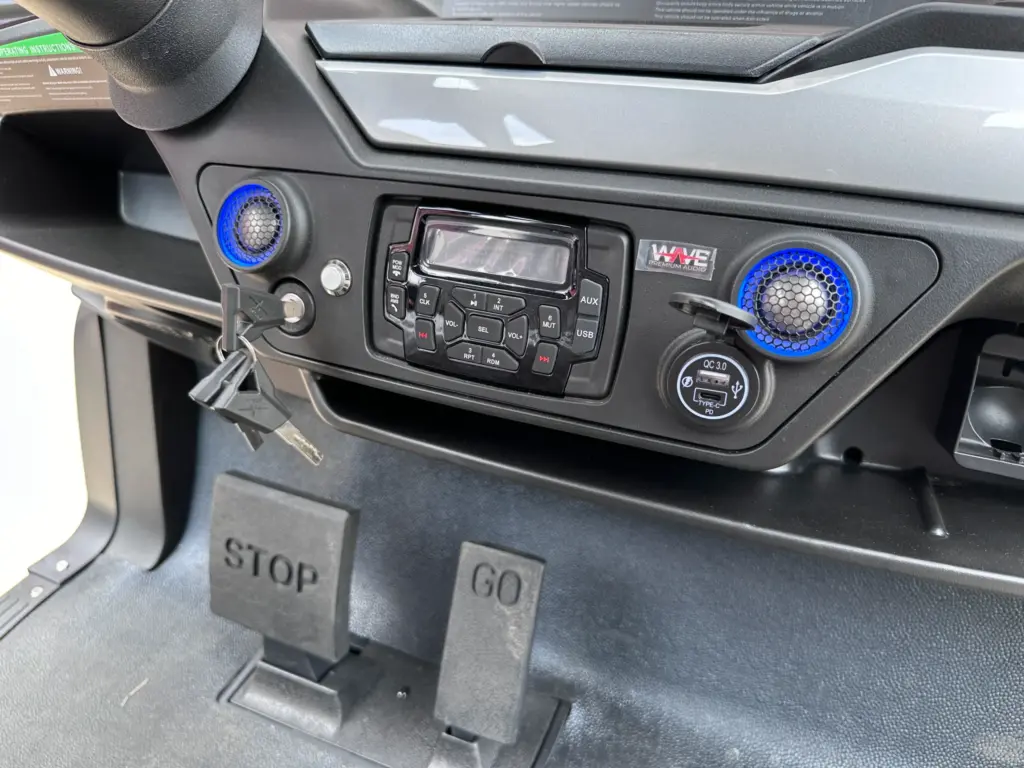
It’s worth noting that cold temperatures don’t just create the risk of freezing. Even before freezing happens, cold weather reduces battery performance. Chemical reactions slow down, meaning less power output. This explains why golf carts may feel sluggish in the winter even when the batteries are not frozen. By keeping batteries fully charged, you not only reduce the risk of freezing but also improve cold-weather performance.
What Happens When a Battery Freezes?
If a golf cart battery freezes, the water inside expands into ice. This expansion can crack the battery case, damage the lead plates, and compromise the internal structure. Even if the outer case does not break, freezing may permanently reduce the battery’s capacity, making it unable to hold a full charge again. In severe cases, a frozen battery can leak hazardous acid when it thaws, creating a safety risk for both the user and the surrounding environment.
Another overlooked issue is how freezing can damage the battery terminals. Once the internal structure shifts, expansion may loosen the connection points. A poor connection leads to voltage drops, which worsen performance and make charging cycles less effective. What might look like a simple cold-weather inconvenience can quickly turn into permanent damage requiring full replacement.
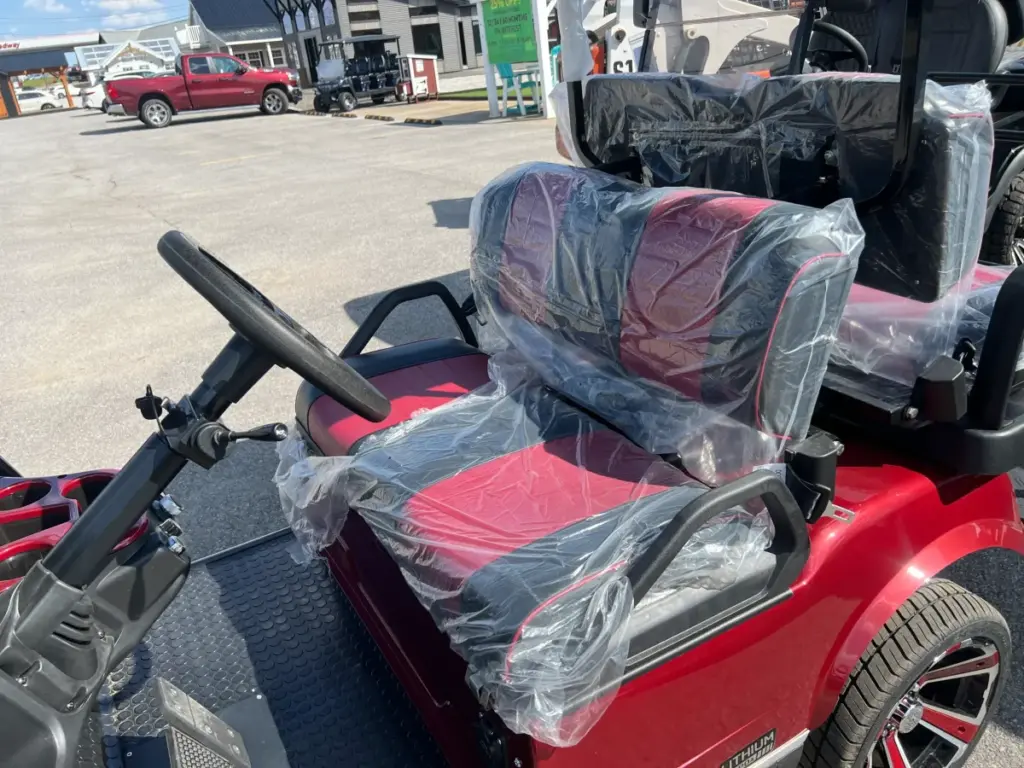
How to Prevent Golf Cart Batteries from Freezing
Fortunately, preventing frozen batteries is straightforward if you follow a few best practices. The first and most important step is to keep the batteries charged. Whether you’re storing your cart for weeks or months, ensure that the batteries are fully topped off. Many owners use smart chargers or maintainers that automatically keep the charge at an optimal level without the risk of overcharging. Secondly, proper storage is essential. Keeping the golf cart in a garage, shed, or enclosed space can reduce exposure to extreme cold. If possible, maintain storage temperatures above freezing to avoid stress on the battery cells.
Some owners mistakenly believe disconnecting a discharged battery and leaving it in the cold will prevent damage. In reality, the opposite is true. A disconnected, discharged battery will freeze more quickly than one connected to a maintenance charger. This highlights the importance of not just removing batteries but also monitoring their state of charge throughout the winter.
Additional Winter Care Tips
Besides charging and storage, other maintenance practices can help protect your batteries in cold climates. Checking water levels regularly during the off-season ensures the electrolyte mixture remains balanced. Clean the battery terminals to prevent corrosion, which can hinder charging efficiency. If you live in an area where winters are particularly harsh, consider removing the batteries from the golf cart and storing them indoors in a temperature-controlled space. This step adds convenience and peace of mind, especially if the cart will not be used until spring.
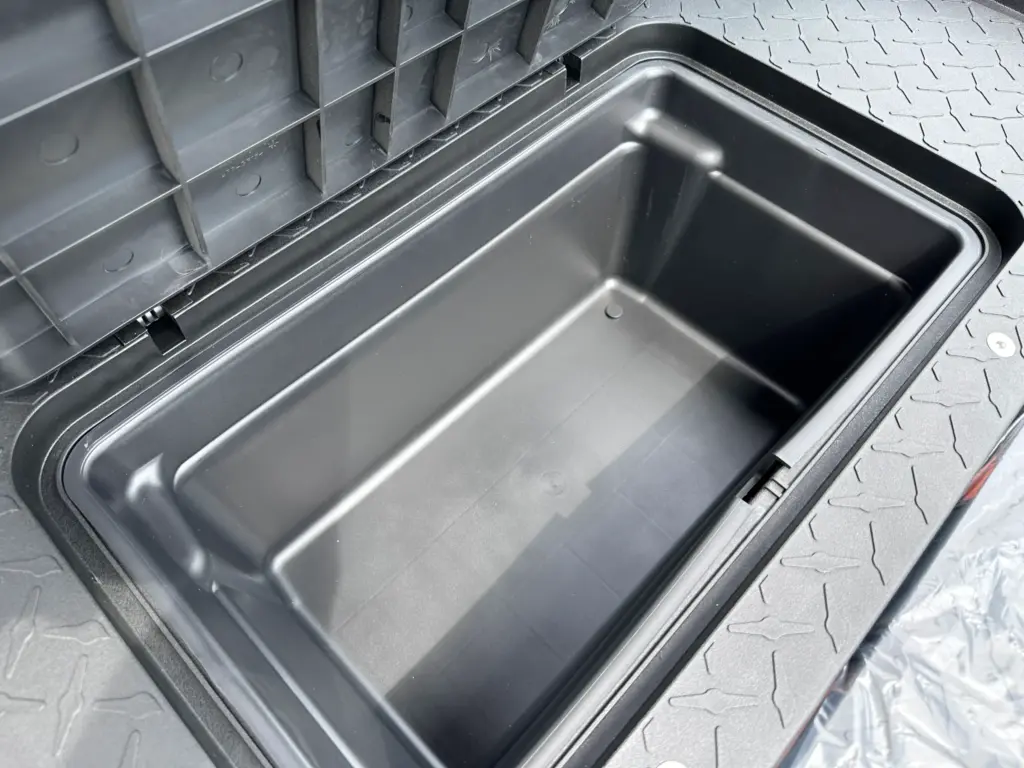
It’s also important to remember that batteries left idle for too long can suffer from sulfation, a buildup of lead sulfate crystals on the plates. Sulfation reduces charging capacity and shortens battery lifespan. By ensuring a regular trickle charge, even during storage, you avoid both sulfation and freezing risks.
Do Lithium Golf Cart Batteries Freeze?
While lead-acid batteries are the most common in golf carts, lithium-ion batteries are becoming more popular. Lithium batteries are less likely to freeze than lead-acid because they do not rely on a water-based electrolyte. However, they can still be damaged if exposed to extreme cold for prolonged periods, particularly if they are being charged below freezing. Manufacturers usually include protection systems in lithium packs, but it is still wise to follow the same storage practices as you would with lead-acid batteries. Keeping them charged and shielded from frigid temperatures ensures long-term reliability.
One unique challenge with lithium batteries is that charging them in freezing conditions can cause internal damage. Most manufacturers recommend avoiding charging below 32°F (0°C). While the battery itself may not freeze solid like water, the internal chemistry is affected, and damage can accumulate if used incorrectly in cold climates. This distinction is critical for owners upgrading to lithium systems.
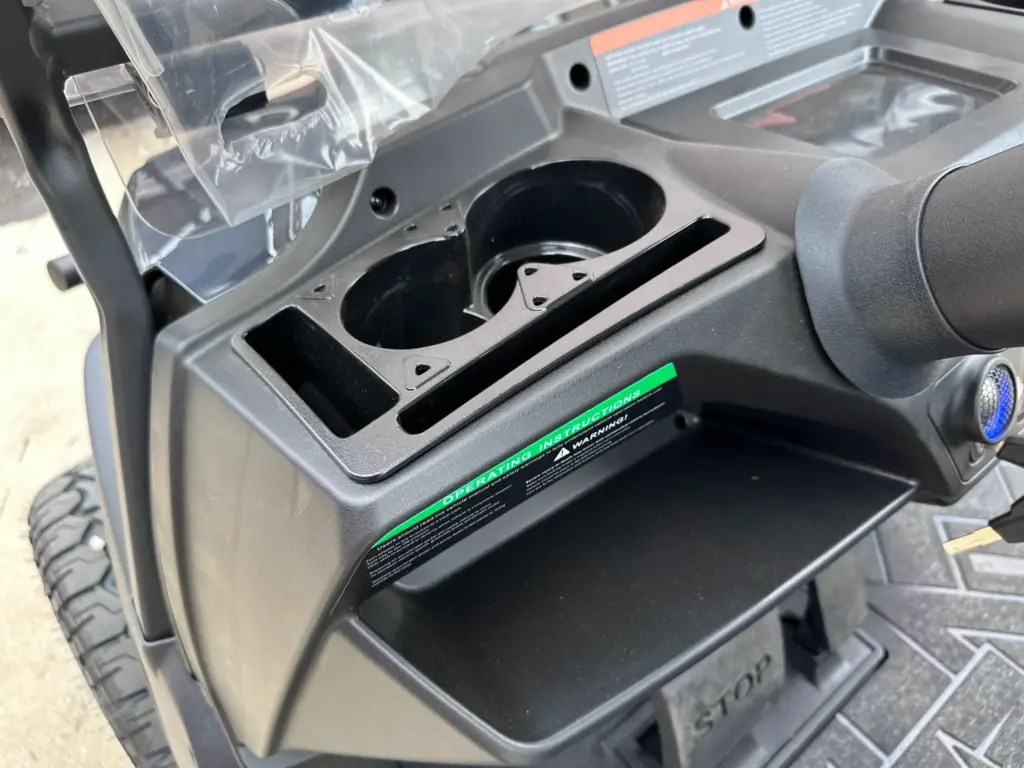
The Cost of Replacing Frozen Batteries
One of the biggest reasons to avoid frozen batteries is the expense of replacement. A full set of golf cart batteries can cost anywhere from several hundred to over a thousand dollars depending on the type and brand. Compared to the cost of replacement, preventive care is a much smarter investment. By taking steps to avoid freezing, you save both money and frustration while protecting the performance of your golf cart.
Replacement also involves more than just the purchase price. There are disposal fees, installation costs, and lost time when the cart cannot be used. You can know about financing golf carts on our website. For commercial fleets, frozen batteries can interrupt operations and create unnecessary expenses. For private owners, it simply means missing out on reliable transportation around the course, neighborhood, or community.
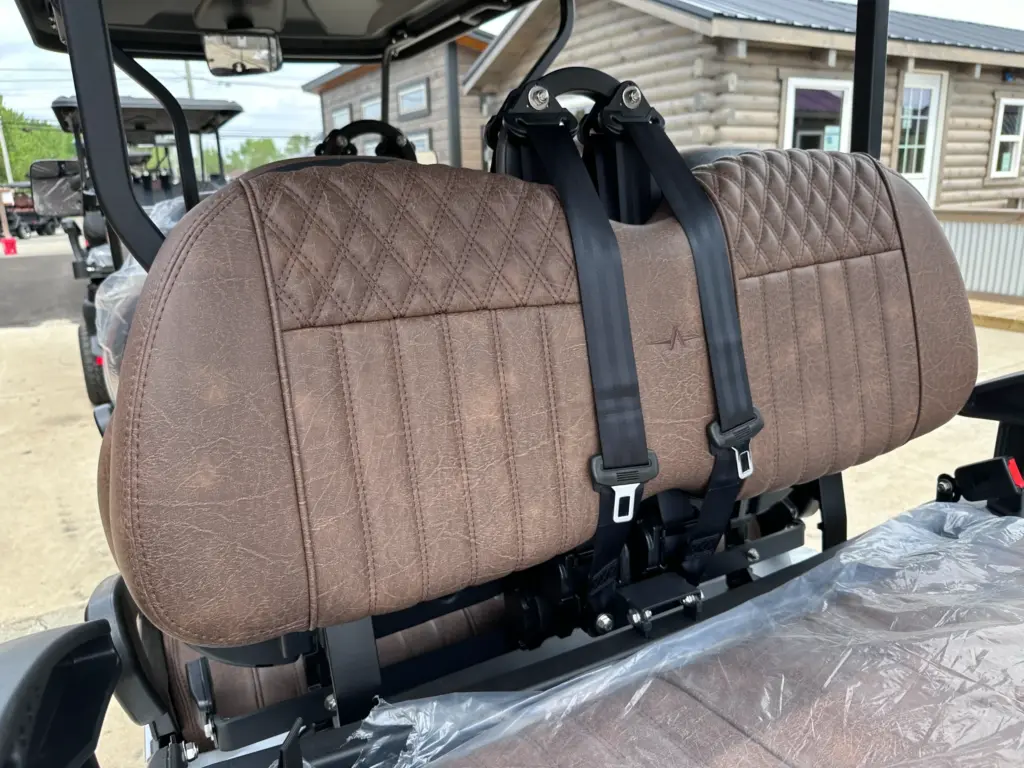
Expert Guidance and Battery Care
If you’re uncertain about how to best care for your batteries during the winter, reaching out to professionals can help. Trusted dealers and service providers often provide maintenance programs to ensure batteries remain in good health all year. For golf cart owners in Ohio, Hartville Golf Carts offers expert advice, battery services, and replacement options to keep your vehicle running smoothly no matter the season.
Professionals can also help determine if upgrading to lithium batteries or adding insulated storage solutions is right for you. Not every owner has the same needs, and personalized advice can extend the life of your investment.
Conclusion
So, can golf cart batteries freeze? The answer is yes, particularly when they are left in a discharged state or exposed to extremely low temperatures. The good news is that with proper care—keeping them fully charged, storing them indoors or in protected spaces, and following recommended maintenance—you can prevent freezing and avoid costly damage. Whether you rely on lead-acid or lithium batteries, paying attention to cold-weather care will extend their lifespan and keep your golf cart ready for use when spring arrives. By following these simple steps and consulting local experts, you can ensure that your batteries remain in top condition year after year.
For additional background on how batteries work and why temperature affects them, you can also explore this resource from Wikipedia on lead-acid batteries.


